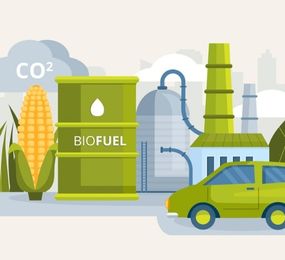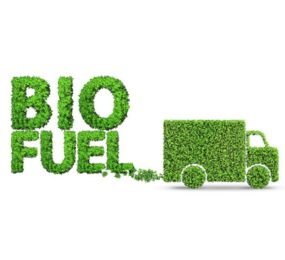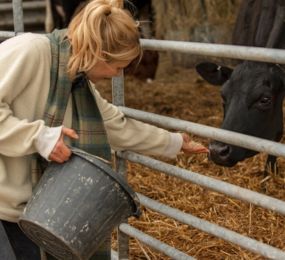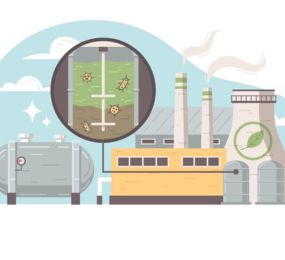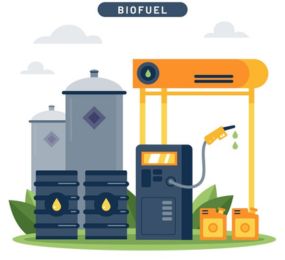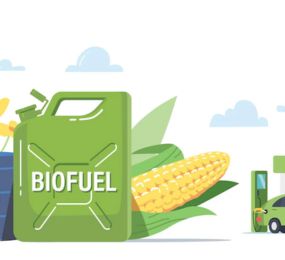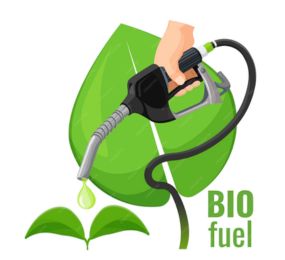As the world grapples with the need to reduce greenhouse gas emissions and combat climate change, advanced biofuels have emerged as a viable alternative to traditional fossil fuels. These innovative fuels are produced through a variety of technologies and can be derived from a range of feedstocks, making them a key player in the transition to a more sustainable energy future.
Processes for Advanced Biofuels
1. Hydroprocessing: One of the most common methods for advanced biofuel production involves hydrotreating, which refines feedstocks such as vegetable oils, animal fats, and waste oils into renewable diesel or aviation fuel. Hydroprocessing removes impurities and produces high-quality biofuels.
2. Fermentation: Microorganisms, such as yeast and bacteria, can be used to ferment sugars and starches from feedstocks like corn, sugarcane, or cellulosic biomass into bioethanol. This process is widely employed in the production of cellulosic and advanced bioethanol.
3. Gasification: Gasification involves heating solid biomass or waste materials in the presence of oxygen to produce syngas, a mixture of hydrogen and carbon monoxide. Syngas can then be converted into liquid biofuels through Fischer-Tropsch synthesis.
4. Pyrolysis: Pyrolysis breaks down organic materials like wood, agricultural residues, and algae at high temperatures in the absence of oxygen to produce bio-oil, which can be further upgraded into advanced biofuels.
To register or learn more about the Forum please check here: https://bit.ly/3JyelAm
For more information and group participation, contact us: [email protected]



